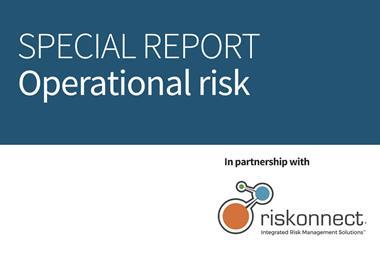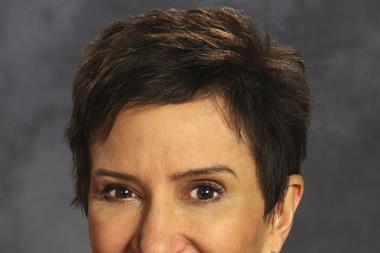An audit of California’s State Compensation Insurance Fund (SCIF) shows serious structural and operational deficiencies
A top-to-bottom review of California's State Compensation Insurance Fund (SCIF), the state's largest workers' compensation provider, has revealed ‘serious structural and operational deficiencies.’
The examination was ordered last spring by California Insurance Commissioner Steve Poizner.
The regulator said the audit revealed conflicts of interest within the management structure of the Fund, which included: $140m of administrative fees being paid to an entity controlled by a person who was previously a board member; and a further $125m paid to associations with whom another member of the Board had a business affiliation. The fees were incorrectly classified as legal and auditing fees in SCIF's financial statements.
The audit also revelaed that SCIF paid $19.5m in penalties due to late payments on medical bills and indemnity bills.
The regulator found that SCIF 'maintains a significant reliance on IT vendors' without performing adequate background checks to ensure legitimacy. It said SCIF currently has approximately 200 outside IT consultants, at a cost of approximately $321m.
“We recognize there have been problems
SCIF president, Janet Frank
During the examination, background research was performed on certain SCIF vendors, which revealed that one vendor, while working as an insurance lobbyist, was convicted of a felony in 1993.
Among other problems, there were found to be more than 2,000 fleet vehicles for a total of 8,000 employees, yet SCIF had not performed an audit of fleet management since 2003
SCIF president, Janet Frank, commented on the findings: ‘We recognize there have been problems, but are pleased to have turned a significant corner on this difficult period as we move forward and continue to fulfill our important mission in California’s insurance market. The CDI report…will serve as a clear roadmap as we continue our work to bring efficiency, transparency and accountability to State Fund’s operations.’
The Department of Insurance said it would continue to monitor the State Fund's structural and organizational operations as part of its regulatory oversight.


















No comments yet